Start weaning your toddler off daytime pacifier use by 12 months old to help prevent dental issues and speech delays
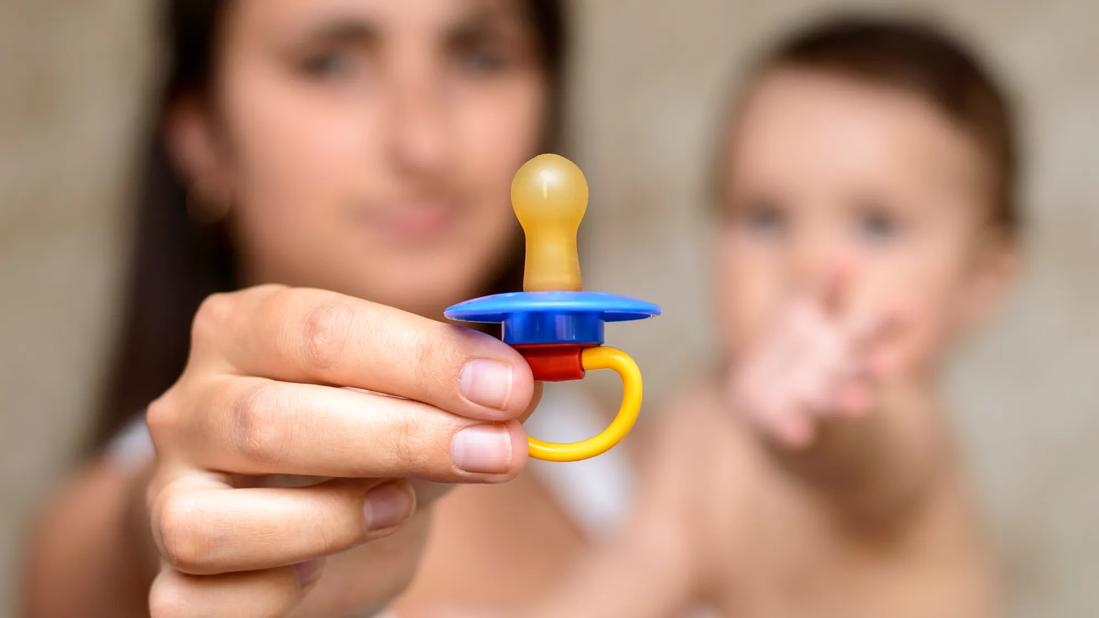
Most kids drop the pacifier habit on their own, but others need a little help.
Advertisement
Cleveland Clinic is a non-profit academic medical center. Advertising on our site helps support our mission. We do not endorse non-Cleveland Clinic products or services. Policy
Pediatrician Jason Sherman, DO, talks about how to do it — and creative ways to keep it from turning into a battle with your toddler.
Aim to wean your child from daytime pacifier use by 1 year old, and no later than 18 months. But you can let them use a pacifier to sleep for longer.
“It’s typically fine to let kids use a pacifier for bedtime and naps up to age 3,” Dr. Sherman says. “But in general, pacifiers should only be used on an as-needed basis.”
If used too often and for too long, pacifiers can lead to dental issues and other health concerns in kids. (More on that in a bit!) To lower those risks, kids ages 1 and older shouldn’t have all-day access to pacifiers, even if they keep using them as sleep aids for a little while longer.
But how can you gently break them of a habit they’re so attached to? Let’s take a look.
Putting an end to your child’s pacifier era isn’t always easy. But it’s doable.
“You may have to deal with a few days and nights of fussing,” Dr. Sherman concedes. “But stand firm.”
He offers the following suggestions.
“We typically recommend a gradual approach rather than making children quit cold turkey,” Dr. Sherman says.
Start removing your child’s pacifier when they’re at home, putting it somewhere they can’t see or find it. Limit its use to either mornings or evenings, then work your way up to taking it away completely.
Advertisement
Children suck on pacifiers to self-soothe — and self-soothing is an important skill that helps them sleep. If your child is 1 or older, you can put them to bed with a light blanket or stuffed animal to help soothe them as you try to make the switch away from pacifiers.
“Snuggling up with those special items offers them security and comfort throughout the night,” Dr. Sherman explains.
For older tots, consider fun ways to say farewell.
You could, for example, throw a goodbye party for their pacifiers or encourage your child to “trade in” their pacifiers for a new toy they get to pick out on their own. Some parents even employ the so-called “Binky Fairy,” who takes away all of their pacifiers one night and leaves a treat or toy in their place.
“There’s always a way to get creative,” Dr. Sherman says. “Plus, these ideas offer a chance for kids to get involved and to understand the transition that’s about to take place.”
Kids are motivated by praise. So, if you’re trying to convince your toddler to stop using a pacifier, be sure to tell them what a great job they’re doing of not using their pacifier.
And if they’re having a hard time making the switch, it’s especially important to prioritize a “You’ve got this!” strategy. As a 2023 study on behavior modification reported, “Positive reinforcement works exceedingly better and faster than punishment.”
If your child is accustomed to using their pacifier to sleep, you’ll want to have a plan in place to help them learn to sleep without it. So, if you haven’t yet sleep-trained your baby, it may be time to start … before you remove the binky.
It’s best for kids to give up pacifiers sooner rather than later, Dr. Sherman says. The longer they continue to use them, the higher the risk of health concerns like:
Advertisement
If you’ve tried everything and can’t seem to help your child break the habit, ask their healthcare provider for help. Kids should start seeing a dentist between the ages of 1 and 2 — and that appointment is a great time to discuss their pacifier use and any concerns you have.
Advertisement

Sign up for our Health Essentials emails for expert guidance on nutrition, fitness, sleep, skin care and more.
Learn more about our editorial process.
Advertisement

Daily oral hygiene goes a long way to keeping your mouth healthy and your smile bright

At-home products like whitening toothpaste, rinses and strips can bring bright results
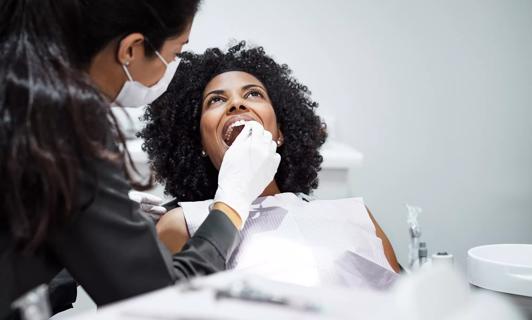
Keep the nail file out of your mouth and leave any tooth shaving up to your dentist
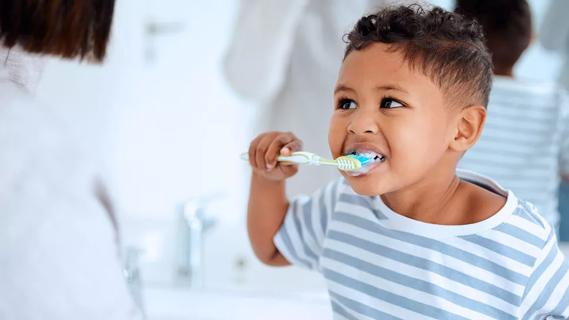
Help and encourage them to brush and floss regularly, limit sugary foods and get routine dental checkups
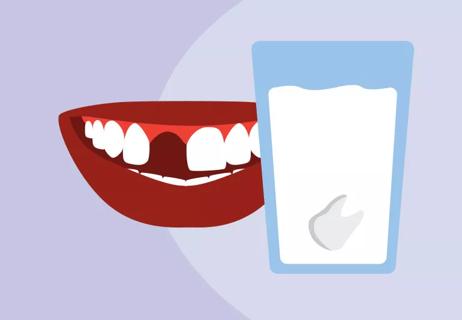
Act quickly to increase the chances that your tooth can be saved

You can do damage to fillings, crowns and even your teeth themselves
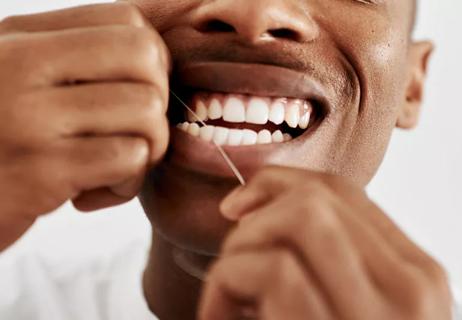
No, oil pulling and vitamin D won’t fill or fix a cavity
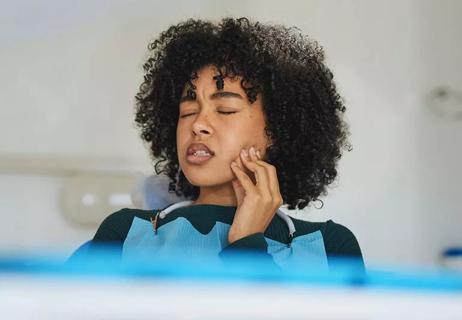
Cavities, grinding or even a sinus infection could be behind your tooth pain

Even small moments of time outdoors can help reduce stress, boost mood and restore a sense of calm

A correct prescription helps your eyes see clearly — but as natural changes occur, you may need stronger or different eyeglasses

Both are medical emergencies, but they are very distinct events with different causes